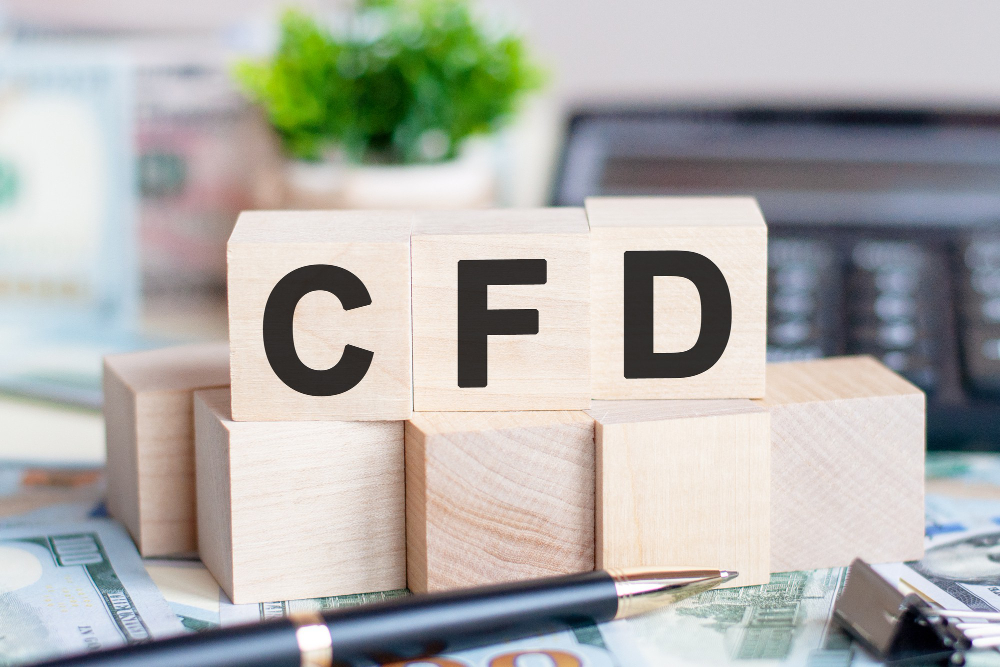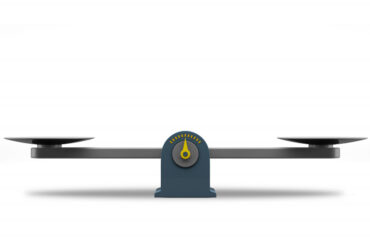CFD trading, which stands for Contract for Difference trading, is a popular financial derivative instrument that allows traders to speculate on the price movements of numerous underlying assets without actually owning the assets themselves. CFDs are contracts in which a trader and a broker agree to swap the difference in the price of an asset from the time, the contract is opened to the time it is closed.
These derivatives derive their market value based on how their speculated asset performs in the market. As CFDs are a collection of different assets, they include forex, indices, commodities, etc. As it’s a short-term picture, after the contract ends, the parties as per their mutual agreement, exchange the difference between the prices of the speculated financial asset i.e., the difference in the price range of the opening price and the closing price. However, trading CFDs is not everyone’s cup of tea. One needs to have the appetite of risking his big money on these financial derivative products.
It’s either a big profit or a big loss as it depends on the route your speculated financial asset takes into consideration. CFD trading offers several advantages that make it an attractive option for traders.
Here are some of the key advantages of CFD Trading:

1. Market Access
CFDs provide traders with access to a wide range of financial markets, including stocks, indices, commodities, currencies, and cryptocurrencies. This allows traders to diversify their portfolios and take advantage of various market opportunities, all from a single trading platform.
2. Leverage and Margin
CFD trading allows traders to utilize leverage, meaning they can control larger positions with a smaller amount of capital. This can amplify potential profits if the trades are successful. However, it’s important to note that leverage also magnifies potential losses, so it should be used with caution and proper risk management.
3. Short-Selling
Unlike traditional investing, CFD trading allows traders to go short (sell) without any restrictions. This means that traders can potentially profit from both rising and falling markets. Short-selling can be particularly beneficial during market downturns or when traders anticipate a price decline in a specific asset.
4. Flexibility
CFD trading offers flexibility in terms of position sizing and trading strategies. Traders can enter and exit positions at any time during market hours, allowing for greater agility in reacting to market movements and taking advantage of short-term trading opportunities.
5. No Ownership of the Underlying Asset
CFD trading allows traders to speculate on price movements without owning the underlying asset. This eliminates the need for physical ownership, storage, or dealing with other logistical aspects associated with owning the actual asset.
6. Cost-Effective
CFD trading typically involves lower transaction costs compared to traditional trading methods. Traders are not required to pay the full value of the underlying asset, but rather a fraction of it as margin. Additionally, there are often no fees for account maintenance or holding the positions overnight.
7. Access to International Markets
CFDs enable traders to access global markets without the need for multiple brokerage accounts. This provides opportunities to trade international stocks and indices, even if they are not easily accessible through local exchanges.
8. Risk Management Tools
CFD trading platforms usually offer risk management tools, such as stop-loss orders and limit orders, which allow traders to define their risk levels and automatically execute trades when specific price levels are reached. These tools help manage risk and protect against significant losses.
How long do CFDs contracts lasts?
Generally, there exists no expiry date for CFD’s contracts. In simple terms, it’s quite obvious that a CFD trade will end only when a trader sells his position thus making a move to sell his CFDs.
Conclusion
It’s important to note that CFD trading carries risks, including the potential for significant losses, especially when using leverage. Traders should thoroughly understand the risks involved, employ risk management strategies, and consider their financial situation and risk tolerance before engaging in CFD trading.





